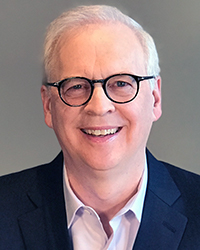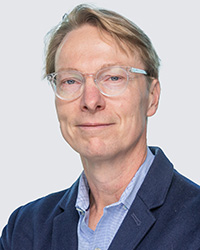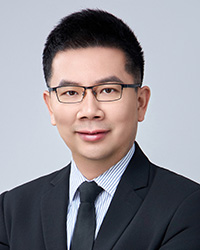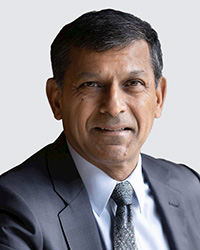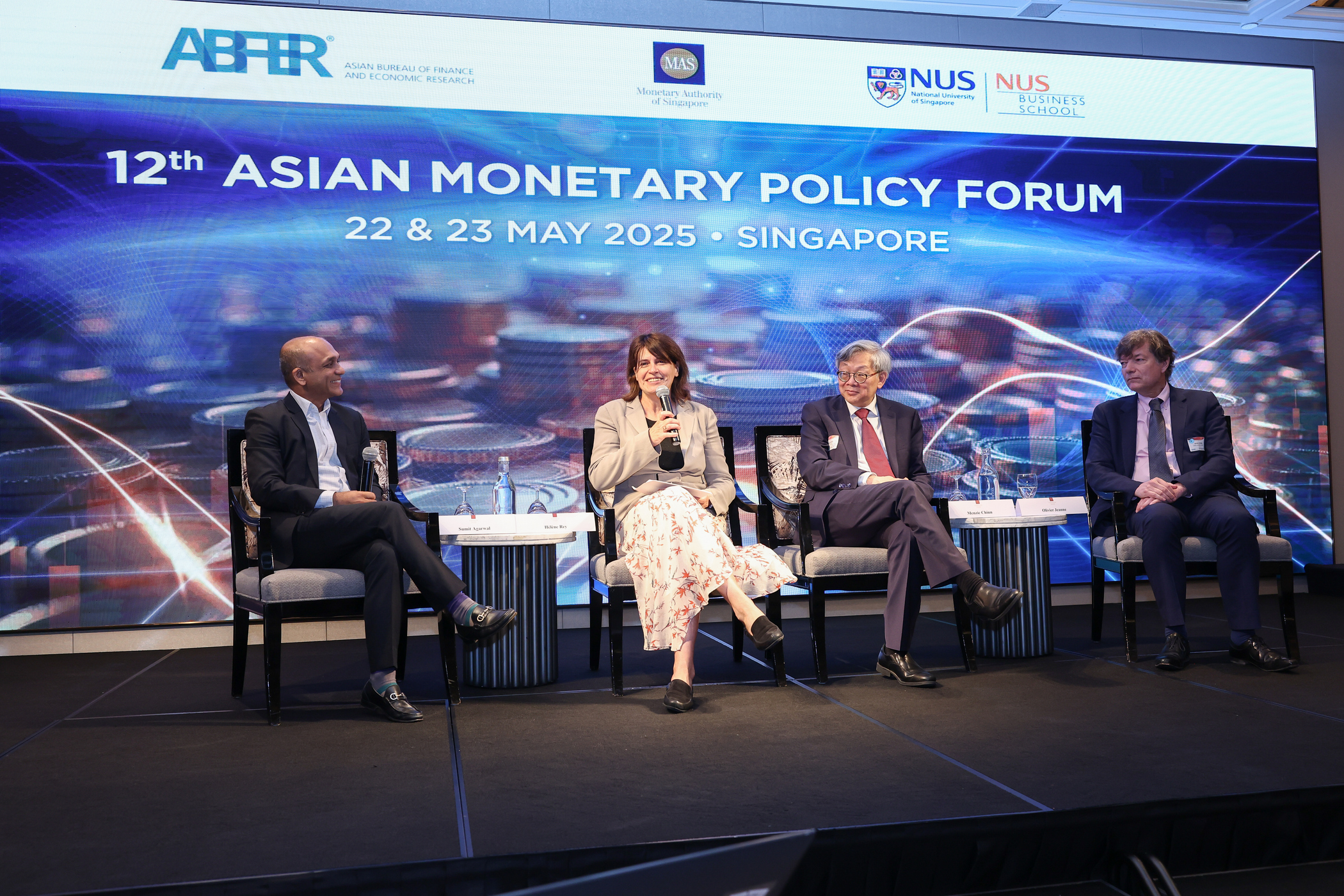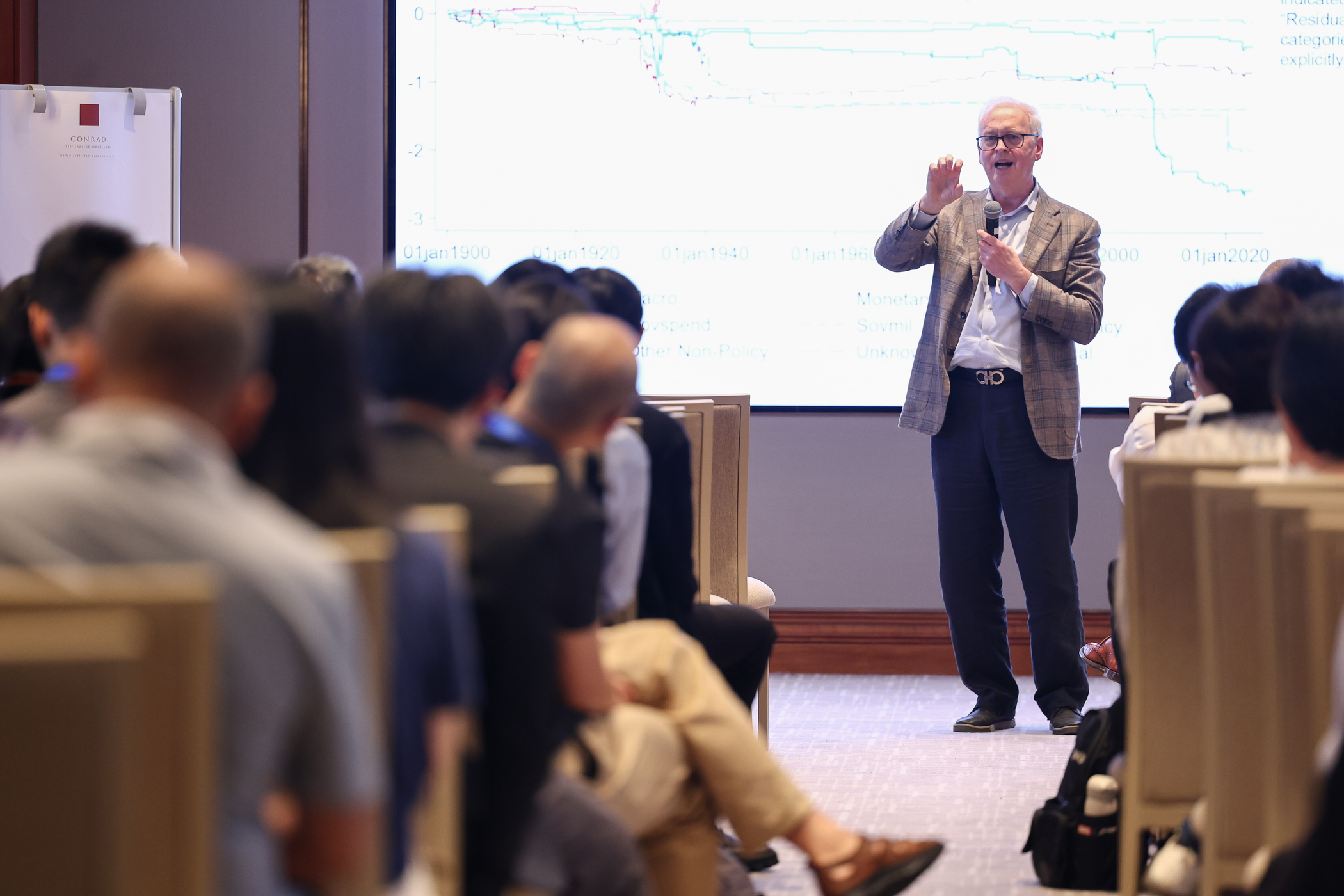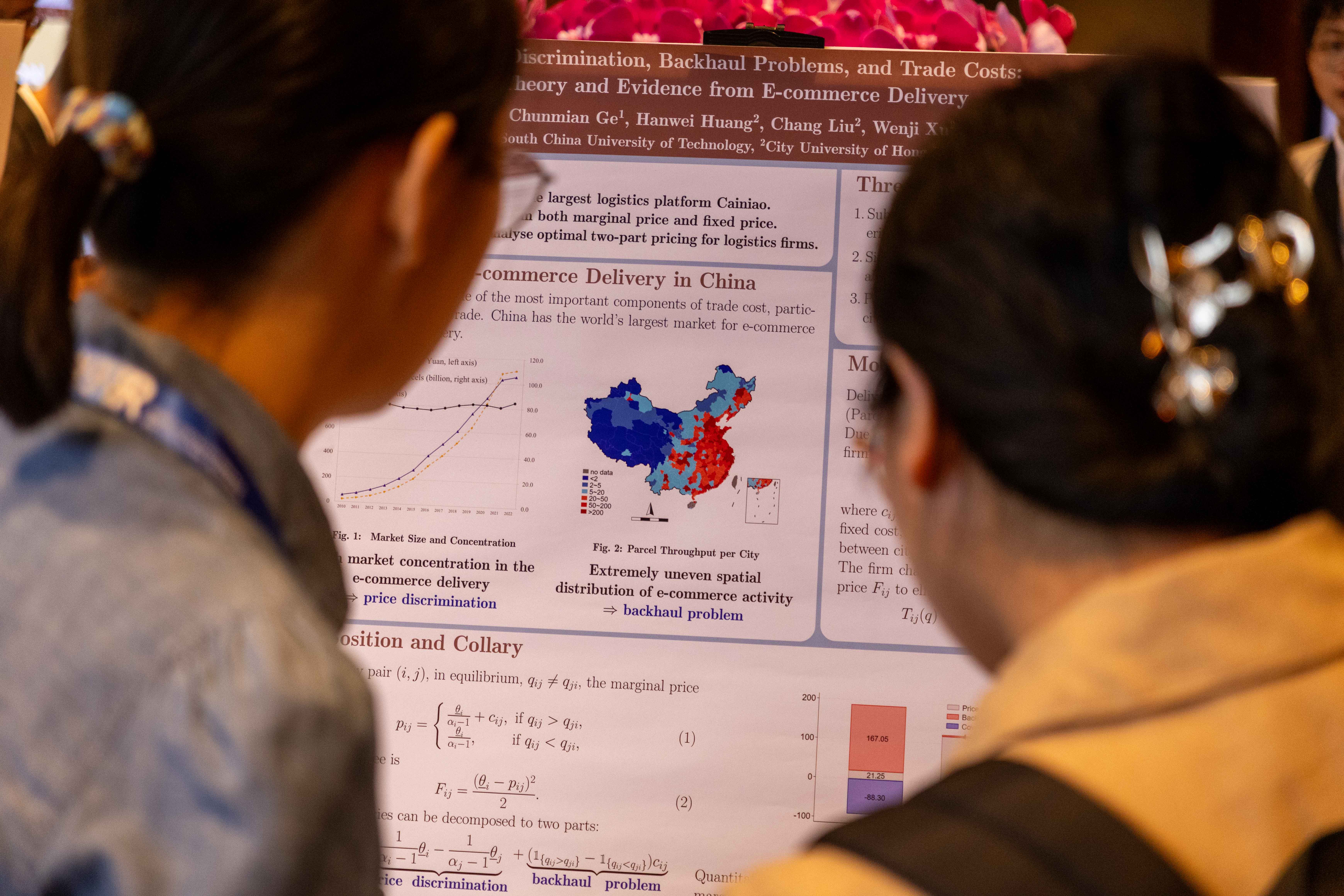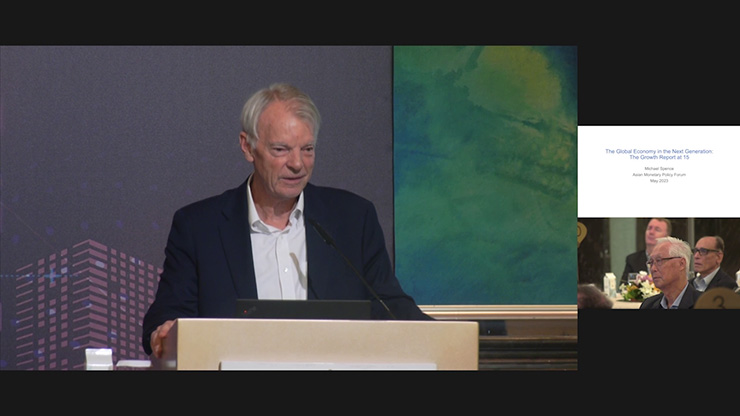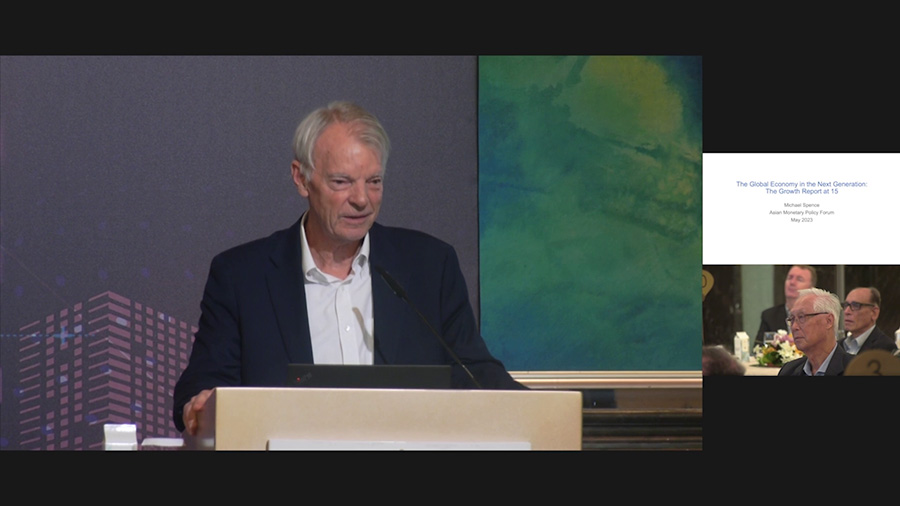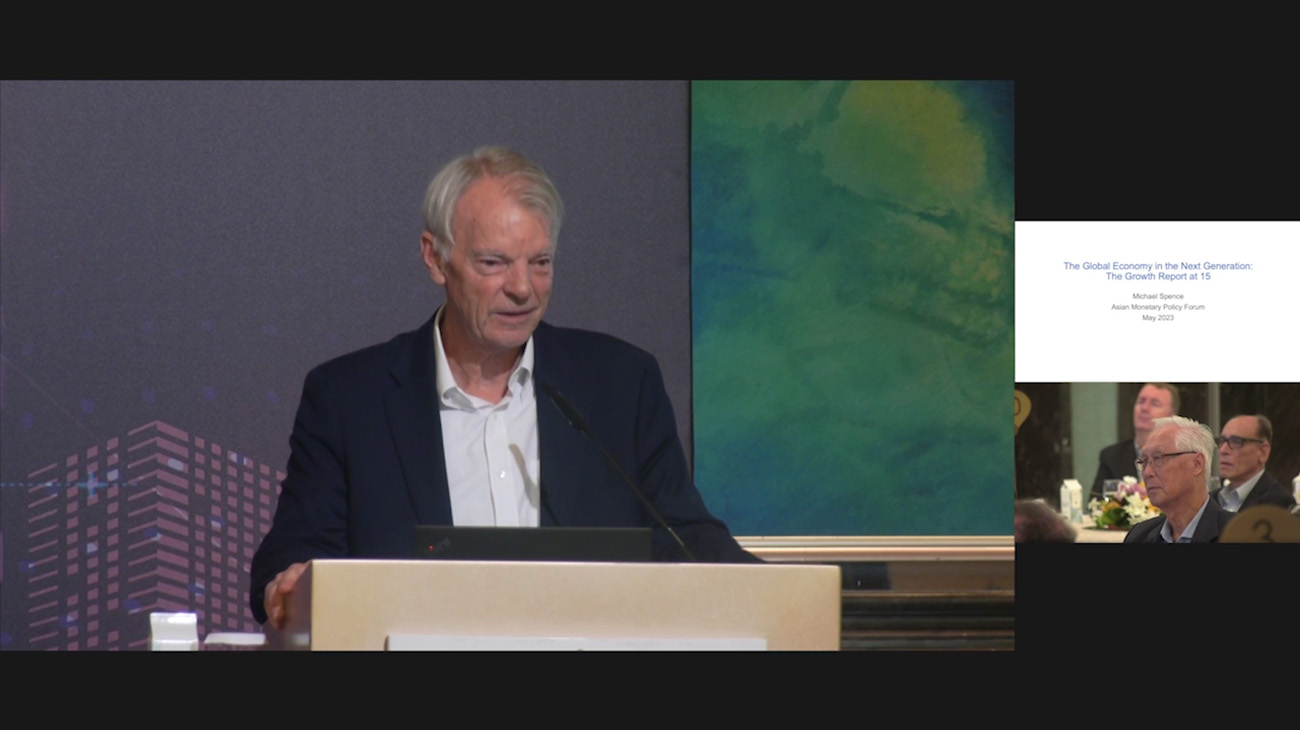Thomas W. and Susan B. Ford Senior Fellow, Hoover Institution; Senior Fellow, Stanford Institute for Economic Policy Research, William H. Abbott Distinguished Service Professor Emeritus at the University of Chicago Booth School of Business and Senior Fellow and Exco Member, ABFER
Steven Davis studies working arrangements, business dynamics, economic fluctuations, policy uncertainty and other topics. His research appears in the American Economic Review, Journal of Political Economy, Quarterly Journal of Economics and other leading scholarly journals. He hosts Economics, Applied – a video podcast series sponsored by the Hoover Institution.
Davis is also a research associate of the National Bureau of Economic Research, IZA research fellow, senior academic fellow with the Asian Bureau of Finance and Economics Research, adviser to the Monetary Authority of Singapore, visiting scholar at the Federal Reserve Bank of Atlanta, senior adviser to the Brookings Papers on Economic Activity, and an elected fellow of the Society of Labor Economists. He was on the faculty at the University of Chicago Booth School of Business for more than 35 years, including service as a chaired professor and as deputy dean of the faculty.
Davis is a co-creator of the Economic Policy Uncertainty Indices, the Survey of Business Uncertainty, the U.S. Survey of Working Arrangements and Attitudes, the Global Survey of Working Arrangements, the Work-from-Home Map project, and the Stock Market Jumps project. He cofounded and co-organizes the Asian Monetary Policy Forum, held annually in Singapore. He has received research grants from the Alfred P. Sloan Foundation, Ewing Marion Kauffmann Foundation, Templeton Foundation, John D. and Catherine T. MacArthur Foundation, U.S. National Science Foundation, and other organizations. In 2012, he was awarded the Addington Prize in Measurement for “Measuring Economic Policy Uncertainty.”
His teaching experience includes Ph.D. courses in macroeconomics and labor economics at the University of Chicago, the Massachusetts Institute of Technology, and the University of Maryland; MBA courses in macroeconomics, money and banking, business strategy, and financial institutions for Chicago Booth; and executive MBA courses in macroeconomics for Chicago Booth in Barcelona, Hong Kong, London, and Singapore. Davis has also taught undergraduate courses in microeconomics, econometrics, and money and banking at Brown University and the Massachusetts Institute of Technology.
Davis has served as an expert in many litigation matters. In the antitrust area, he has testified and consulted on market definition, dominance, competitive relationships, exclusionary practices, price discrimination, and collusive conduct. In mortgage lending and consumer finance, he has testified and consulted on class certification, liability, and damages. He has also offered testimony and analysis of damages in breach of contract and credit market discrimination. Past engagements include matters pertaining to auto loans and leases, containerboard and corrugated products, microprocessors, mortgage loans, pharmaceuticals, software products and markets, specialty grocery products, trade shows, viatical and life settlements, and workers’ compensation insurance. Outside of litigation matters, he has consulted on labor market developments, the macroeconomic outlook, capital planning in a large financial institution, and the use of text-based methods to quantify tax reform likelihoods.
Davis has written for the Atlantic, Financial Times, Forbes, Harvard Business Review, Los Angeles Times, Time, Wall Street Journal and other media. He has appeared on BBC, Bloomberg TV, CBS, CGTN, Channel News Asia, CNBC, CNN, Fox News, NBC Network News, Sinclair Broadcast Group, and the U.S. Public Broadcasting System, among others.


